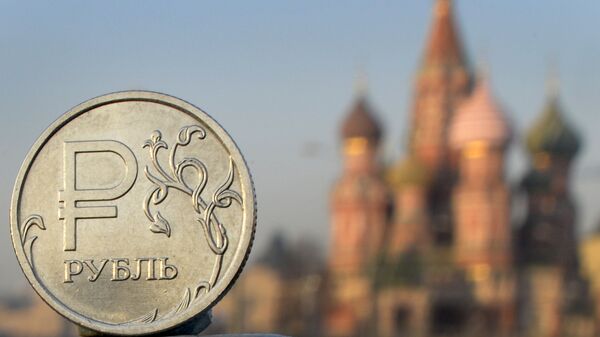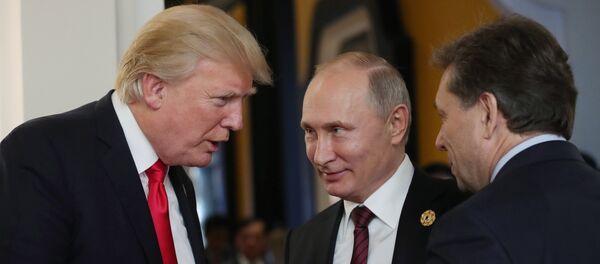The Russian currency exchange rate is mainly affected by sanctions and fluctuations in energy prices, according to the minister.
READ MORE: Russia, China Postpone Deal on Yuan-Ruble Settlements — Russian Finance Minister
"We have created the basis to minimize these fluctuations. Of course, in 2018, the ruble exchange rate was influenced by the exit of foreign investors from our securities [market]. Next year, outflows in such volumes are not going to happen. There is no basis to talk about the instability of our national currency," Siluanov told the Rossiya 24 broadcaster.
Moreover, Russia's macro forecast for 2019 is unlikely to significantly change, the official noted.
"We do not see any factors that may destabilize macroeconomics, exchange rate ratios, or affect inflation. We have created a good basis for predictability of the main macroeconomic indicators — a stable budget, an understandable monetary policy with a floating exchange rate and our reserves — both of the government as well as gold ones. Therefore, I think, there will be no serious risks for our forecast. I just don’t see them," Siluanov added.
The government's medium-term macro forecast for 2019 has been calculated on the basis of oil price standing at $63.4 per barrel, a 1.3 percent GDP growth, the average annual dollar exchange rate of 63.9 rubles ($0.92) and a 4.3 percent inflation.



